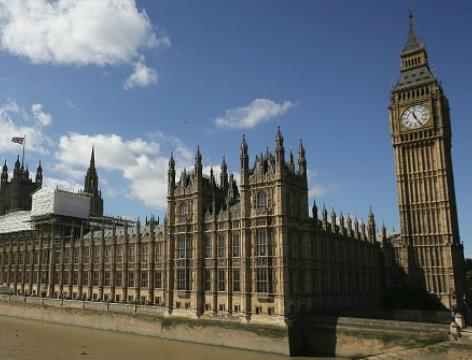Domestic UK investor appetite for British real estate is declining, but US, Middle East and Far East investor interest will balance out the trend in the coming year, according to Matthew Richardson, head of real estate Research at Fidelity International.

According to Fidelity, the US and Middle East still remain the predominant source of allocations, with this set to continue into 2017.
'Money coming into the UK commercial real estate investment market from mainland China and Hong Kong is a fairly well known story with Far Eastern investors making the most of a weak sterling while also looking to diversify outside of their own domestic market,' commented Richardson.
'However, this is not the only source of capital into the UK commercial property arena. Indeed, monies from the Far East only made up around 20% of total overseas inflows in the last three months of 2016 according to provisional data from independent research group Propertydata. The longer term figure show that, over the last five years, the US has generally been steady investors in the UK and this phase in the cycle is no different,' he added.
Overall, Fidelity believes that UK commercial property values will remain relatively stable in 2017 with any value adjustments taking place via the currency markets.
'As things get riskier heading into 2017, we would expect to see a further increase in allocations from the US as, generally speaking, they have a greater appetite for risk compared to many other overseas investors,' said Richardson.
'And they aren't the only players. Money from the Middle East also outweighs that emanating from China with allocations nearly tripling between the third and fourth quarter of last year. But what of the domestic UK investor? In short, they have been in steady retreat from the market, reducing the volume of investment purchases by nearly 75% when compared to this time last year.'
Despite the waning appetite from home-grown funds, Richardson was sanguine about values in the short to medium term.
'Looking ahead over the next twelve months we expect UK commercial property values to remain relatively stable until details of the Brexit process become clearer,' he said.
With Theresa May's government planning to initiate proceedings to leave the EU in March 2017, clarity may arrive sooner than expected, but would be unlikely to produce an immediate decline.
'Even then, any value adjustments may be made via the currency markets rather than in sterling terms as UK market demand/supply fundamentals remain positive for the moment,' he said.
'In a period of falling or flat capital growth, income will become the primary driver of performance and the current income yield of 4-6% from good quality UK real estate assets should continue to attract investors looking for a stable income return,' Richardson concluded.










